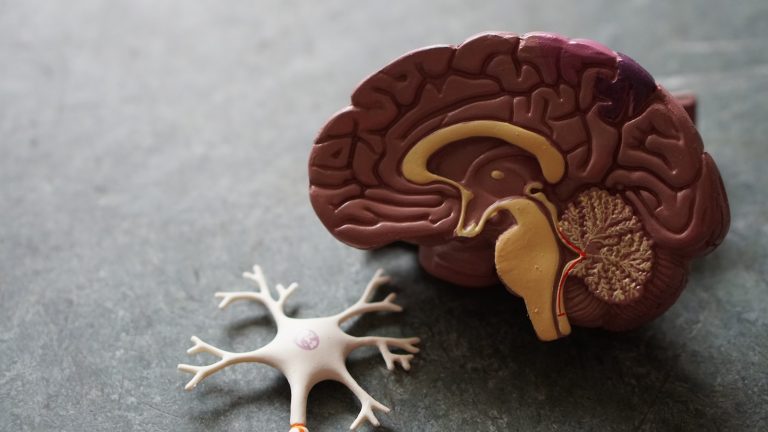5 Surprising Insights into Encoding Failure in Psychology
Our memory is a fascinating tapestry of experiences, knowledge, and feelings. But what happens when this tapestry encounters a glitch, and certain memories don’t form correctly? Enter the concept of encoding failure.

What is Encoding in Psychology?
- The Foundation of Memory Mechanisms
Before diving into encoding failure, let’s understand memory’s backbone: encoding. Encoding is the initial process of converting new information into a storable form in the brain. Think of it as saving a file on a computer. - Differentiating between Encoding and Retrieval
While encoding is the process of saving, retrieval is opening that saved file. Failures can happen in both phases, but they have distinct characteristics.
Understanding the Encoding Failure Psychology Definition
- The Basics of Encoding Failure
Simply put, encoding failure refers to the brain’s inability to create a memory link to store new information. It’s like trying to save a file when there’s no available space or the save button isn’t working. - Common Scenarios where Encoding Failure Occurs
Ever walked into a room and forgotten why? Or met someone and immediately forgot their name? These are classic examples of encoding failure.
Factors Leading to Encoding Failure
- Distractions and Their Impact
The modern world is full of distractions. From buzzing smartphones to endless notifications, our attention is constantly divided, leading to encoding lapses. - The Role of Stress in Memory Encoding
Stress, whether chronic or acute, can hamper the encoding process. When our mind is in turmoil, encoding new information becomes challenging. - Age-related Factors in Encoding
As we age, certain cognitive functions, including encoding, can diminish. However, age isn’t the sole factor; lifestyle and health also play roles.

Effects of Encoding Failure on Daily Life
- Impact on Professional Life
Frequent encoding failures can hinder professional growth, leading to missed opportunities or errors. - Interpersonal Relationships and Memory Lapses
Forgetting anniversaries or promises can strain relationships. It’s crucial to understand that these lapses might be due to encoding failures. - Health Implications of Frequent Encoding Failures
Persistent encoding failures could be symptomatic of deeper health issues, like Alzheimer’s or other cognitive disorders.
Combating Encoding Failure: Expert Recommendations
- Techniques to Enhance Encoding
Mindfulness, focused attention, and association techniques can bolster the encoding process. - The Power of Repetition
The age-old saying “Practice makes perfect” holds true. Repeating information aids in better encoding. - Modern Tools and Technologies in Assisting Memory
Thanks to tech advancements, apps and devices can now assist and even improve our memory encoding process.
Real-life Stories: Experiences with Encoding Failure
People from all walks of life, from students to CEOs, have faced encoding failures. Sharing their stories can be both enlightening and comforting.
The Bright Side: Can Encoding Failure be Beneficial?
In some scenarios, our brain might intentionally forget insignificant details to focus on crucial data.
FAQs:
- What causes sudden encoding failure in young adults?
High stress, inadequate sleep, and over-reliance on technology can lead to such failures in younger individuals. - How can one differentiate between encoding and retrieval failure?
Encoding failure is the inability to form a memory, while retrieval failure is the inability to recall a formed memory. - Is there a correlation between encoding failure and neurological diseases?
Persistent encoding failures can be indicative, but not conclusive proof, of certain neurological conditions. - Can lifestyle changes reduce the chances of encoding failure?
Absolutely! A balanced diet, regular exercise, and proper sleep can substantially reduce encoding failures. - Are there any famous personalities who’ve spoken about their struggles with encoding?
Yes, many celebrities have openly discussed their memory challenges, shedding light on this common issue. - What are the latest research findings on encoding failure?
Researchers are continually exploring the realms of memory, with breakthroughs suggesting that our understanding of encoding is still evolving.
Conclusion: Embracing the Complexity of the Human Mind
The human brain, with its vastness and intricacies, is bound to face hiccups like encoding failure. By understanding, acknowledging, and adapting, we can navigate these challenges and continue to marvel at the wonders of our minds.







